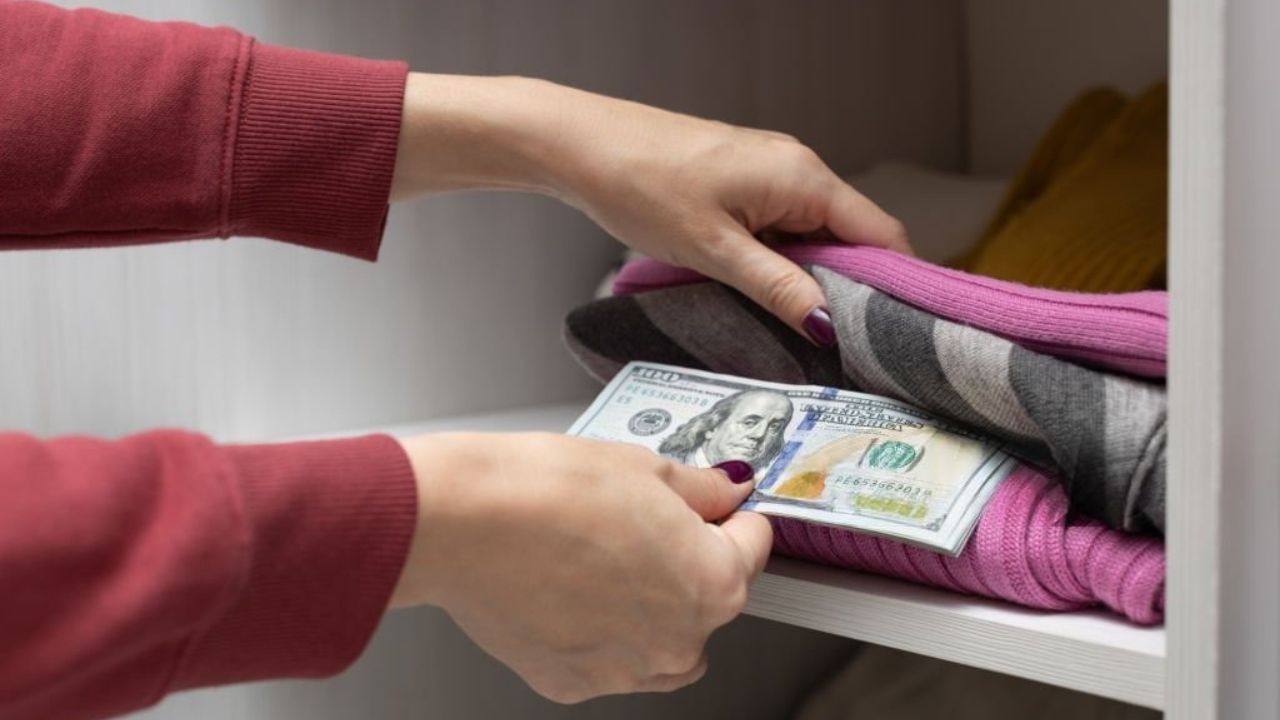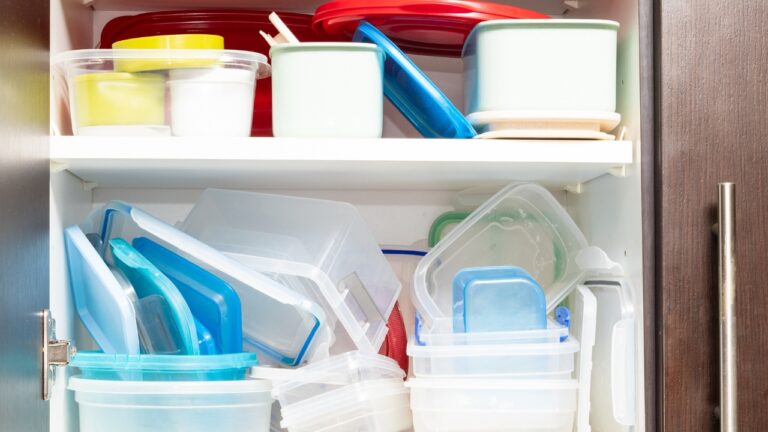You’ll wish you had this backup if the outage lasts more than a day
Most power outages are over in a few hours, but when they stretch into days, the real challenges start. Food spoils, tempers flare, and your comfort disappears fast. The first day, you can make do. By day two, you’re realizing what you should’ve had ready.
A good backup plan isn’t about overpreparing—it’s about keeping your family safe, fed, and warm when the grid stays down longer than expected.
A generator isn’t a luxury—it’s a lifeline
When an outage drags into day two, you stop worrying about phone chargers and start worrying about the freezer full of food. A generator keeps the essentials going—your fridge, freezer, lights, and maybe even a fan or space heater.
But owning one isn’t enough. You have to maintain it, test it, and store fuel safely. Gasoline breaks down fast, so use a stabilizer or rotate it out every few months. If you rely on propane, keep extra tanks on hand. When everyone else’s food is spoiling, you’ll be cooking a hot meal and sleeping with peace of mind.
Stored water matters more than you think
If you’re on a well, you already know an outage means no running water. But even city water can stop flowing once backup systems run dry. That’s when stored water becomes gold.
You don’t need a bunker of barrels—start with a few gallons per person, per day. Fill up bathtubs before storms, and keep a few sturdy jugs in rotation. A simple gravity filter can turn rainwater or creek water into something safe to drink. When others are waiting for bottled water handouts, you’ll be washing dishes and staying hydrated.
Solar chargers buy you time
When the grid’s out, you realize how dependent everything is on electricity—phones, flashlights, radios, even rechargeable lanterns. A portable solar panel or power bank keeps your small essentials going when generators need a break or fuel’s running low.
They’re quiet, safe indoors, and low maintenance. Charge during the day, power what you need at night. It’s not going to run your whole house, but it’ll keep you connected, which makes a huge difference in morale.
Propane is the quiet hero
If you rely on propane for cooking or heating, you’re already ahead. Propane stores indefinitely and works without electricity. Small tanks can run camp stoves, grills, or portable heaters, while larger ones can power your water heater or furnace.
It’s worth checking your lines and regulators regularly and refilling before winter. During long outages, you’ll be grateful for that steady, safe source of heat and cooking power.
A way to cook that doesn’t depend on the grid

People underestimate how hard it is to feed a family without power. Once the stove and microwave are out, your options shrink fast. A propane or butane camp stove, grill, or even a cast iron pan over a fire pit gives you flexibility.
Cooking outside might not sound appealing in bad weather, but it beats eating cold food for days. Keep the gear stored where you can grab it fast, and make sure you’ve practiced using it before you actually need it.
Light changes everything
You can deal with the dark for one night, but by day two, stumbling around with a half-dead flashlight gets old. Solar lanterns, rechargeable headlamps, and motion-sensor path lights make a huge difference.
Light makes chores easier, keeps kids calmer, and helps you stay organized. Stock up on solar options or long-lasting LED lanterns—and keep them charged. When your neighbors’ candles are burning out, you’ll still be able to see what you’re doing.
A heat source that doesn’t rely on electricity
Cold weather outages hit harder than most people expect. Once your central system’s down, the house temperature drops fast. A wood stove, kerosene heater, or propane-powered unit can keep one room warm enough to live in comfortably.
Even thick blankets, sleeping bags, and thermal curtains help trap warmth. It’s not glamorous, but it’s survival that still feels livable. You can’t predict how long an outage will last, but you can prepare for a night that turns into a week.
A radio that doesn’t need Wi-Fi
When your phone dies and the internet’s down, you lose more than entertainment—you lose information. A crank or solar-powered emergency radio keeps you connected to weather alerts and local updates.
It’s old-school, but reliable. The first people to know when the grid might come back up are the ones still tuned in.
A small cash stash

Once card readers go offline, your debit card means nothing. If you have a small amount of cash tucked away—especially small bills—you can still buy supplies, gas, or firewood.
It’s one of those things most people don’t think about until it’s too late. Cash doesn’t need Wi-Fi, and in a long outage, that alone makes it valuable.
You can’t buy time after the power’s out
Every outage teaches people the same thing—what they should’ve done ahead of time. You don’t have to be a prepper to prepare smart. Having a few days of backup fuel, food, and power options can make the difference between surviving and actually living through an outage comfortably.
If you’ve ever said, “I’ll get around to it before next storm season,” now’s the time. Because once the lights go off for more than a day, every small thing you planned ahead for starts to feel like a win.
Like Fix It Homestead’s content? Be sure to follow us.
- I made Joanna Gaines’s Friendsgiving casserole and here is what I would keep
- Pump Shotguns That Jam the Moment You Actually Need Them
- The First 5 Things Guests Notice About Your Living Room at Christmas
- What Caliber Works Best for Groundhogs, Armadillos, and Other Digging Pests?
- Rifles worth keeping by the back door on any rural property
*This article was developed with AI-powered tools and has been carefully reviewed by our editors.







